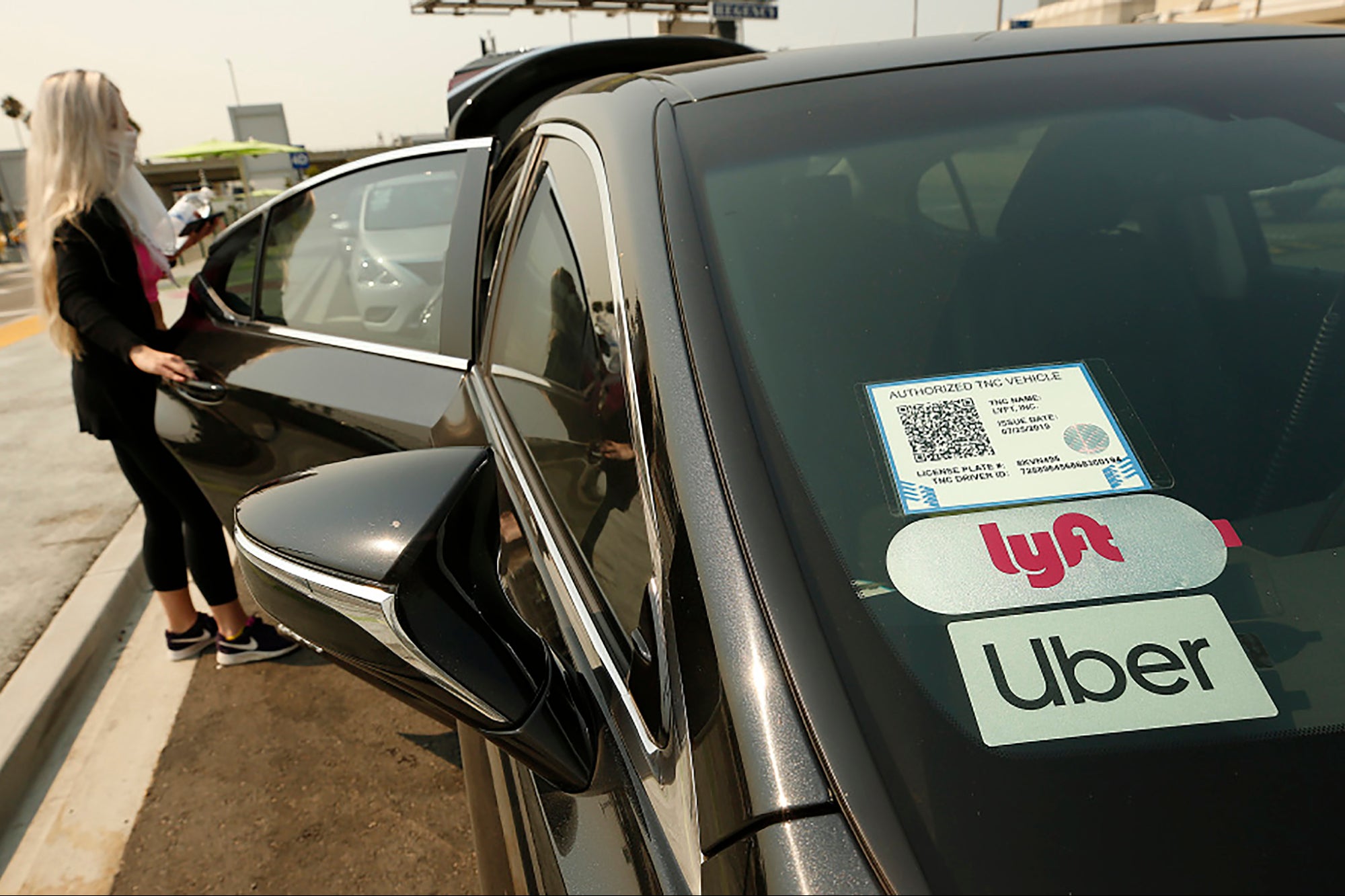
Proposition 22 was voted in by a wide 58 to 42 percent margin.
3 min read
This story originally appeared on Engadget
Uber and other ride-hailing and delivery companies in California have prevailed in a $220 million dollar gambit to keep workers as independent contractors. Proposition 22, a side ballot to overturn a California law that made drivers full employees, passed by a wide 58 to 42 percent margin in the state, according to Ballotpedia and the Associated Press.
“California has spoken, and millions of voters joined their voices with the hundreds of thousands of drivers who want independence plus benefits,” said Yes on 22 spokesperson Geoff Vetter. “With the passage of Prop. 22, app-based rideshare and delivery drivers across the state will be able to maintain their independence, plus have access to historic new benefits, like a minimum earnings guarantee and health care.”
Representatives from the gig industry have been advocating that workers deserve to be classified as full-time employees, rather than independent contractors, by companies like Uber, Lyft, GrubHub and DoorDash. Standoffs between the two sides have been especially contentious on the coasts, both in New York City and San Francisco, where many of the rideshare companies are headquartered.
The California legislature classified gig workers as employees in September 2019 as part of Assembly Bill 5 (AB5). It determined that rideshare drivers like those employed by Uber and Lyft qualified as employees under California law and were therefore entitled to the same protections as employees. However, in August of 2020, the Superior Court of San Francisco found that Uber and Lyft were operating in violation of AB5 by continuing to misclassify workers as contractors in spite of the new law.
Proposition 22 creates a carve-out from AB5, permanently classifying app-based drivers as independent contractors rather than full employees. However, it did put into place some worker protections like healthcare subsidies and insurance policy plans. It also mandates background checks and anti-discrimination training for workers, while enforcing a zero tolerance policy for driving under the influence.
However, those are all far from the benefits a full employee would receive, like overtime, sick leave and expense reimbursements. Moreover, any changes would require a seven eighths supermajority, meaning that 87.5 percent of the California legislature would need to sign on to any future changes or adjustments to this law — something that’s highly unlikely to occur.
Despite the setback, the drivers and labor organizations are determined to fight back. “Rideshare drivers and workers across California refused to back down even as Uber, Lyft and DoorDash plowed a record $200 million into a deceitful campaign to strip workers of the essential protections they need now more than ever,” the California Labor Federation’s Art Pulaski told the LA Times. “The end of this campaign is only the beginning in the fight to ensure gig workers are provided fair wages, sick pay and care when they’re hurt at work.”
https://www.entrepreneur.com/article/359062

